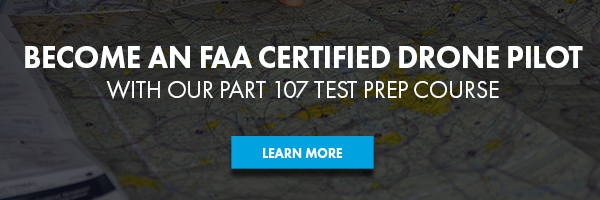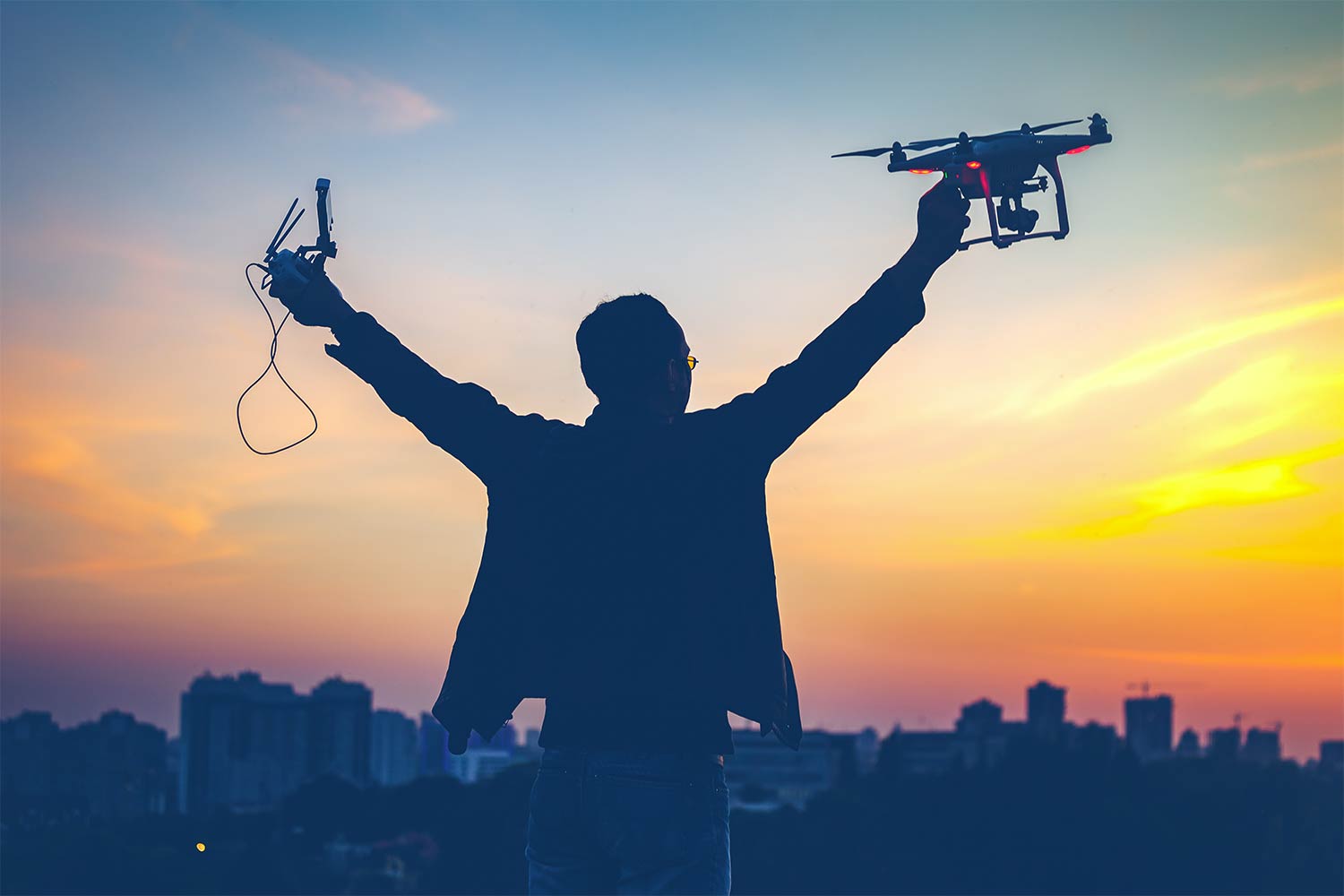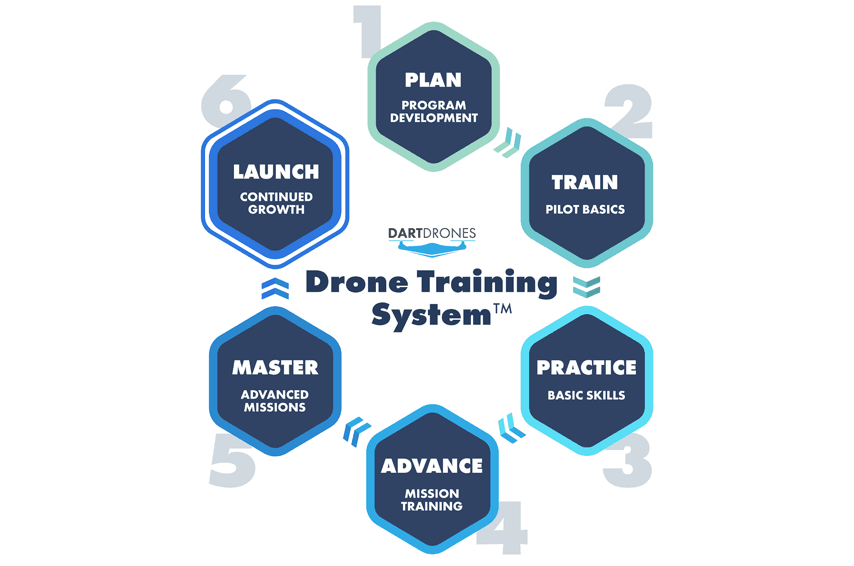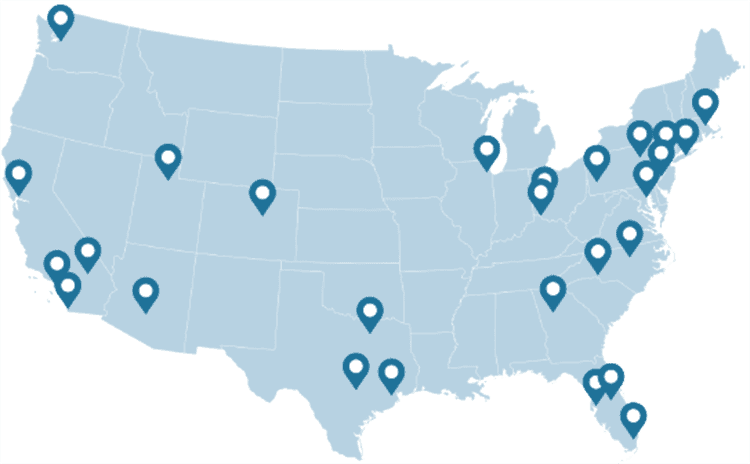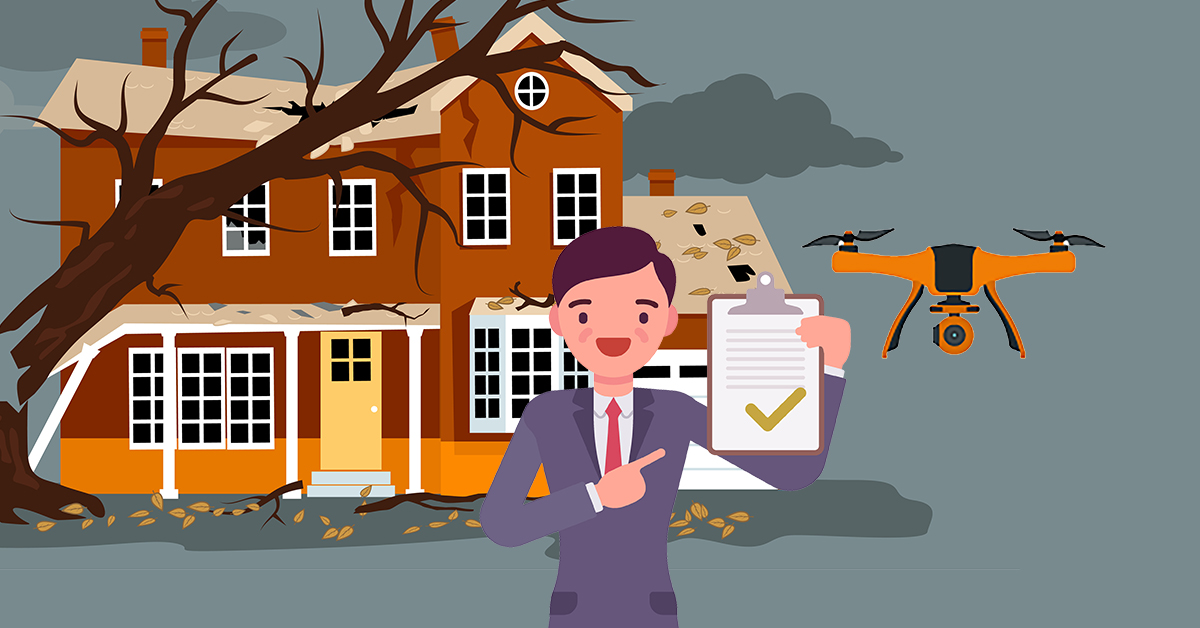
Will Drones Replace Insurance Claims Adjusters?
The use of drones in the insurance industry is growing very quickly. In fact, so quickly that the FAA predicts it to be a top five market served by commercial drones by 2020. And drones are expected to have an impact of $6.8 billion on the insurance industry alone. But what does this growth mean for insurance claim adjusters?
No, drones will not be replacing claims adjusters. Instead, they will become a new tool in the insurance claims adjusters’ toolkit. Many adjusters are now becoming Part 107 certified drone pilots and using unmanned aircraft to assist them on the job. Here are a few reasons why drones will not replace insurance claims adjusters.
Human sense of insurance claims adjusters
Sight, touch, smell, hearing, and taste – the beautiful things that make us human. Taste doesn’t really apply here…but I guess it can in certain situations? Eyesight is shared with our robotic friends. Drones carry amazing cameras that can capture beautiful aerial photography and stream video instantly, but they do not have the eye of an insurance claims adjuster.
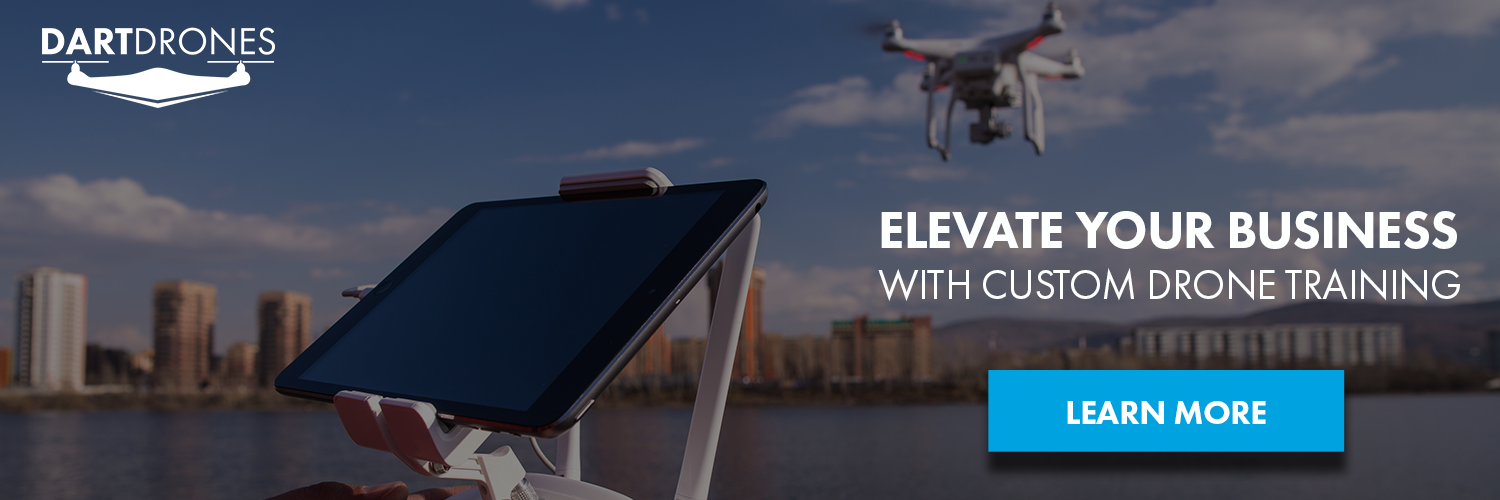
Becoming an insurance claims adjuster is no easy task. First, you need to earn a high school diploma, then a college degree, then you need to study, then you need to pass your state exam, and then you can become licensed.It takes years to develop the keen eye for detail that insurance claims adjusters have. Yes, the technology and capabilities of drones are advancing, but any good insurance claims adjuster knows that the rarer the claim, the bigger the reward.
Unnamed aircraft also lack the other senses that make insurance claims adjusters good at their jobs. For instance, the vast majority of drones cannot feel a weak floorboard crack beneath it, recognize distinct smells like a gas leak, or hear water dripping from a leaky pipe.
UAV limitations and restrictions
As advanced and beneficial as they are, drones are only equipment – and equipment can break. Although most modern drones are known to be pretty reliable; they are built of thousands of little moving pieces that rely on each other to work. A malfunction in one section of the drone can bring the entire device to a halt.
Also, drones operate on changeable battery power and batteries will die. Replacement batteries are relatively cheap and people tend to carry spares but we are human and we forget things. Malfunctions or drained batteries in the remote viewing device (i.e. iPad, iPhone, Android, etc.) may also render your drone useless in the field. Insurance claims adjusters must still be able to complete the job if their drone no longer works.
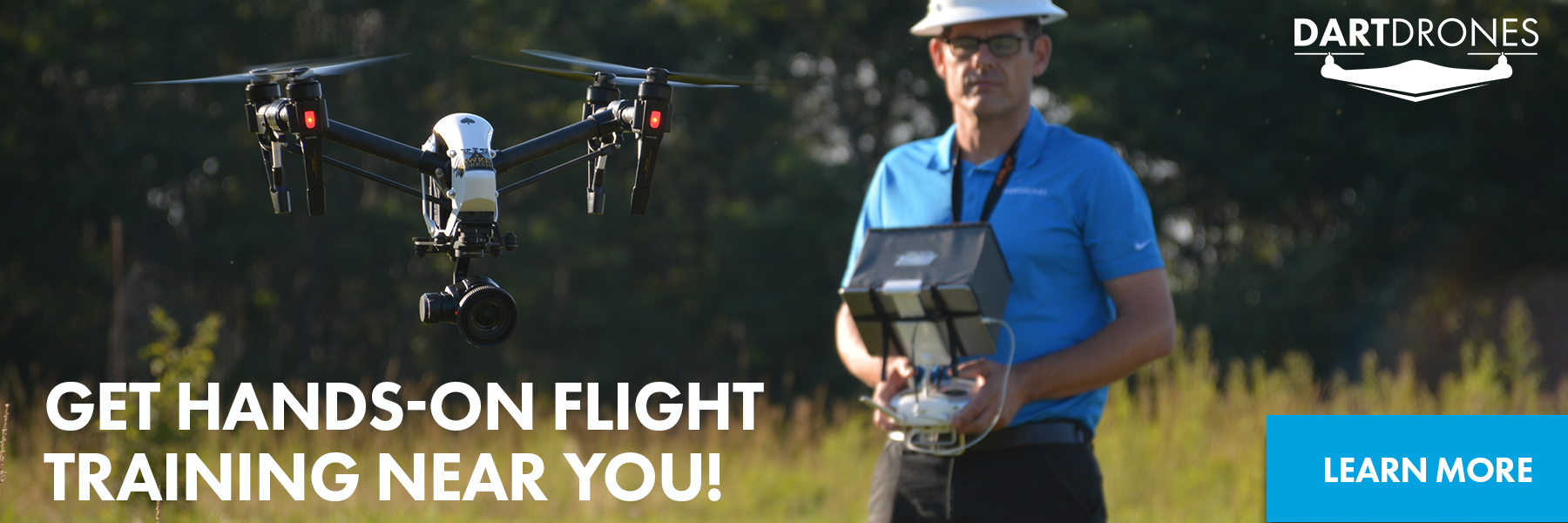
Drones can’t fly anywhere and everywhere. Insurance claims adjusters must have the proper UAV certifications, such as the FAA Part 107, and proper drone flight training to operate their aircraft. They must also know the airspace they are flying in. Property near airports, government agencies, and/or military bases may be restricted for drone flight unless the operator has the appropriate waivers. These types of waiver are not typically easy or timely for drone pilots to obtain.
Looking upward
Unmanned aircraft will not replace the insurance claims adjuster but become a trusted tool. Drones do offer many amazing safety benefits to an adjuster and may even replace their ladders, but not their jobs. A licensed insurance claims adjuster with proper FAA drone certifications and UAV flight training is a fantastic combination for companies across the country. Together, they will change the entire insurance industry.
DARTdrones is here to help! Whether you need Part 107 Test Prep, In-Person Flight Training, or Drone Consultation Services to ensure your flight operations are properly organized and run smoothly, our expert team of sUAS professionals are ready to help launch your organization’s drone program. Check out www.dartdrones.com or call 800.264.3907 to learn more information.
